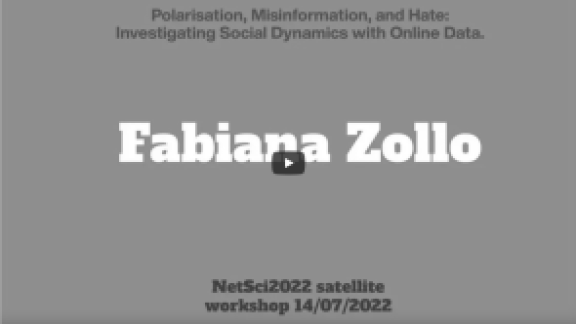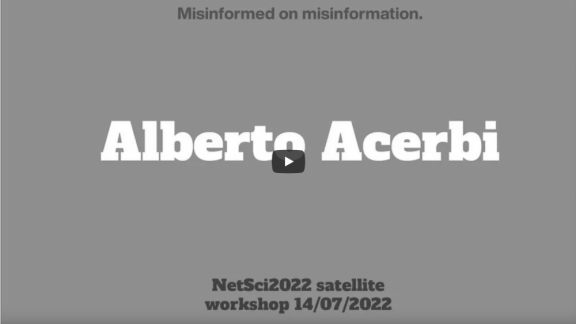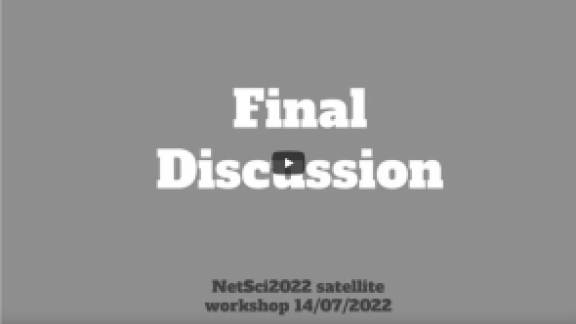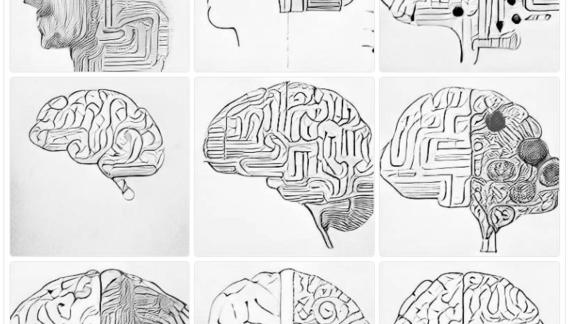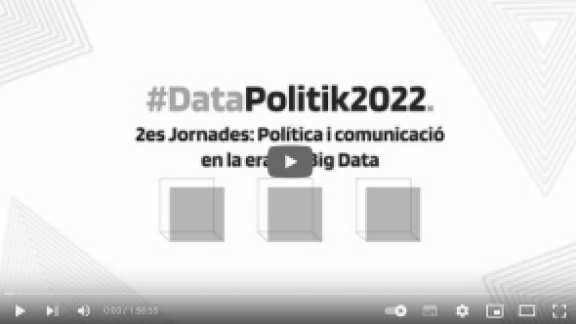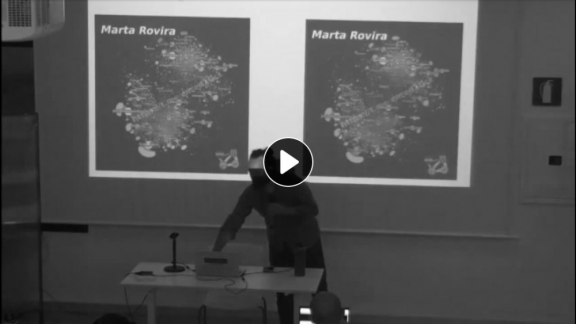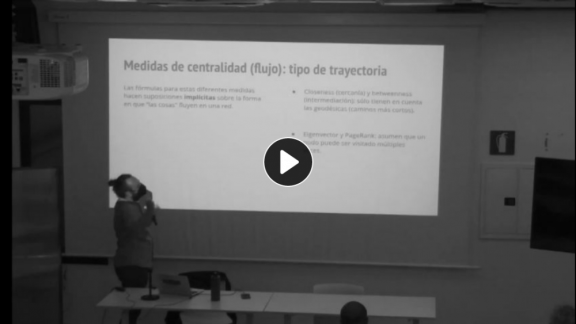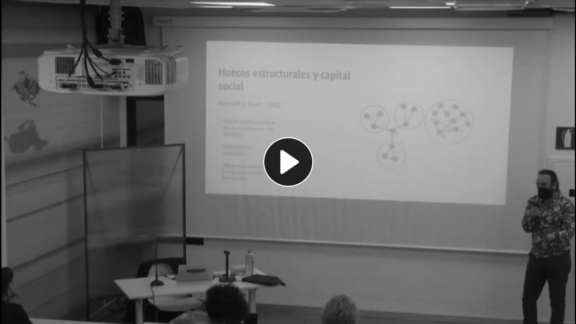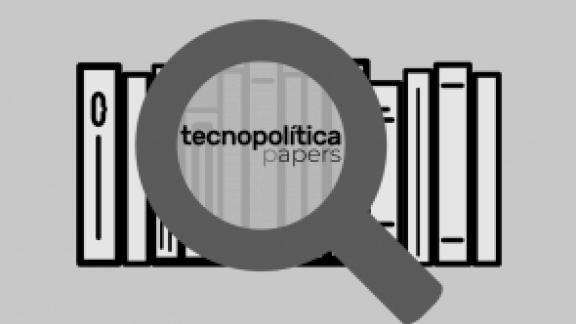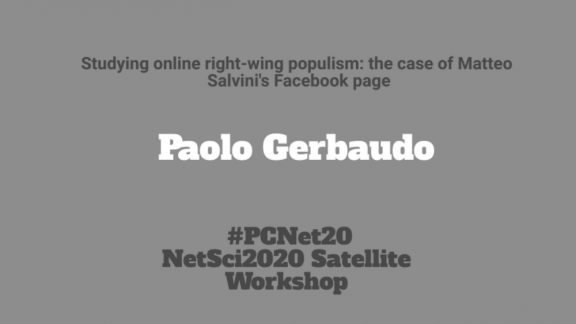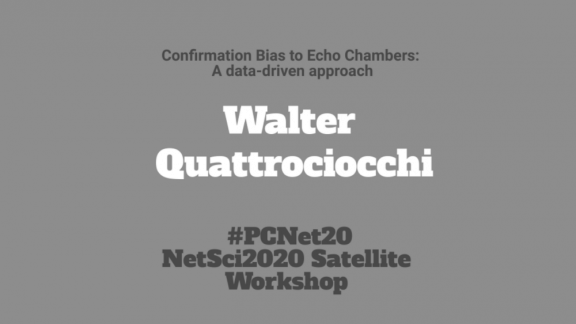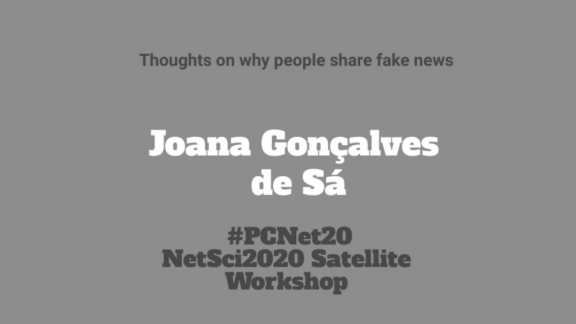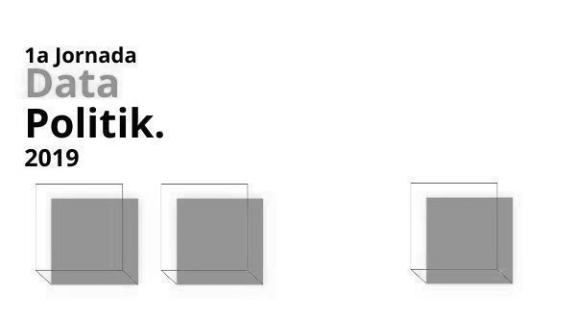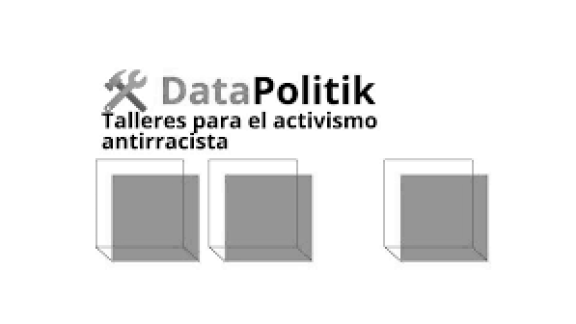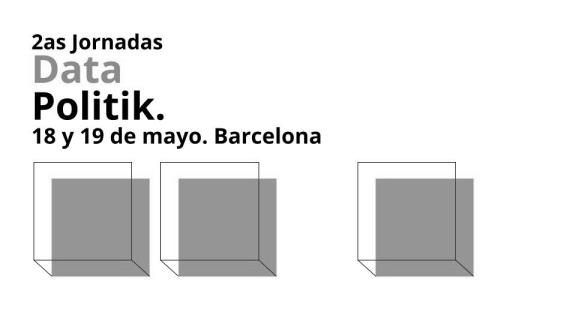DataPolitik
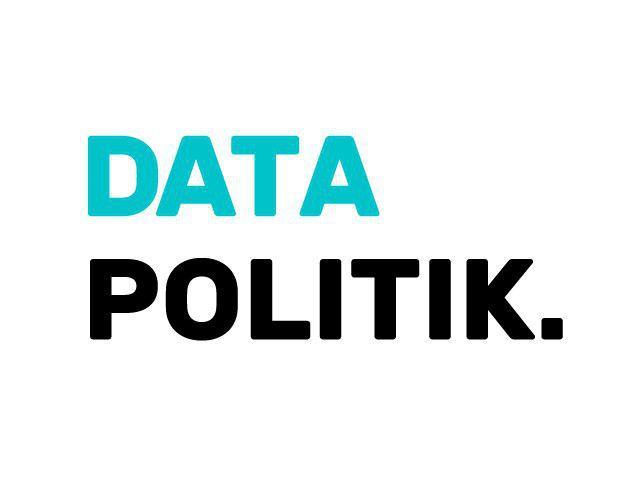
Digital social networks and messaging applications are an increasingly popular channel of information, communication and action. In democratic processes such as elections and referendums, they are also a very important part of the arena where the results are played out. Informational capitalism, supported by data, corporate platforms and processes of supervision and supervolition, redefine today's political processes.
The constitution of multitudinous identities, connective action and networked movements, on the one hand, and the propagation of fake news, the proliferation of bots and mercenary accounts, the automated viralization of contents and, above all, the practices of using big data and corporate platforms for intervening in these processes, generate a mutating public sphere to be explored, the field of Realpolitik of the 21st century, the datapolitik.
For this reason, we collaborate in the project "DataPolitik. Data science against disinformation" with Heurística, a data and policy observatory to study the mechanisms involved and the methods used by different actors in the datacratic construction of public opinion and political sentiment. If in our Interidentity project we deepen the understanding of the emergence and constitution of network identities, in DataPolitik we analyze how different actors try to influence their emergence or, directly, to simulate them artificially.
In short, we try to understand and analyze the data-based dynamics that define politics today, so that in projects such as Decidim and DECODE, we can build alternatives.
Jornadas DataPolitik
The Datapolitik Conferences are an invitation to interdisciplinary dialogue and the sharing of methodological perspectives, sociopolitical visions, concrete results and lines of research on how digital environments have changed the structure of communication and the grammars of social interaction. Here you can check the conferences held (information available only in spanish):
2022 - DataPolitik2022, 2as Jornadas sobre política y comunicación en la era del big-data
2019 - Datapolitik2019 - 1a Jornada sobre política y comunicación en la era del big-data
Pcnet - Political Communication Networks
The objective of the PCNet satellite is to provide a forum in which the qualitative and quantitative methods of political communication studies can interact and fertilize each other. Network science serves as a common ground, both theoretically and methodologically, for a transdisciplinary dialogue between complementary traditions. Here you can check the sessions held:
2022 - PCNet21. Satellite workshop
2021 - PCNet21. Satellite workshop
2020 - PCNet20. NetSci2020 satellite workshop
Plugins developed
In this project we have also intervened in technological development in the field of social network analysis. Twitter is a very relevant source of information used by data scientists and in research addressed by the Social Sciences. The most common way to obtain the information is through the Twitter API, which has recently been updated to its second version, making most existing data extraction tools obsolete. To overcome this problem, the Twarc project has developed a new version compatible with Twitter API 2.0. For our part, we have contributed to the community a series of plugins that complement the possibilities offered by Twarc and that allow us to process data downloaded from Twitter and extract basic statistical information. Specifically, we have developed Twarc plugins that allow: selective extraction of information, detection of the probability that the message comes from a bot, temporal analysis of hashtag behavior, counting of users who talk about a certain topic.
